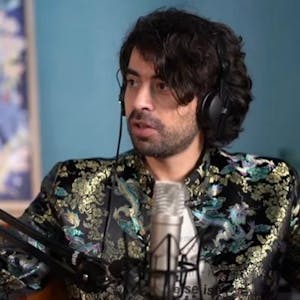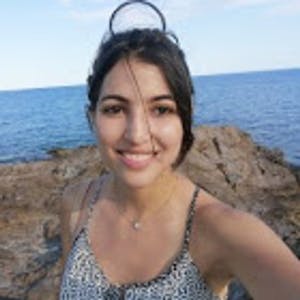Al final, siempre tengo una lista de temas, preguntas. No siempre sigo este tipo de plan, pero es una buena idea tener esta lista porque a veces te quedas sin preguntas. A veces realmente necesitas cubrir algunas áreas. Así que es posible que te pierdas algo y sí, es bueno tener un plan.
¿Entonces, cómo se ve la evaluación tradicional hasta ahora? Para ser honesto, ha cambiado en los últimos cinco, cinco o tal vez seis, siete años. Cuando empecé a hacer interviews con personas, todo se trataba de las habilidades técnicas. Así que para las personas junior, deberían saber algo. Luego, cuando subes a roles medios y senior, esperas que la persona sepa más y más cosas. Pero siempre hubo un enfoque en las habilidades técnicas en la tecnología de la empresa, si la persona es capaz de solucionar problemas rápidamente, de desarrollar cosas rápidamente.
Hoy en día, todo ha cambiado mucho porque la mayoría de las empresas, si no todas, se preocupan por las soft skills de la persona, especialmente ahora, en estos tiempos en los que tenemos AI en todas partes. Y prácticamente puedes resolver la mayoría de los problemas técnicos simplemente investigando un poco sobre el problema. Por lo tanto, las empresas y yo personalmente nos enfocamos un poco más en las habilidades de comunicación, en las habilidades de liderazgo, en la mentoría, en la enseñanza, en general en la comunicación con las personas. Cuando subes más y más, esperas más de los candidatos, desde este punto de vista. Las cosas han cambiado. Ahora, no es suficiente saber cómo escribir en Python, por ejemplo. Tienes que ser, tienes que comunicarte mejor, básicamente, y tienes que desarrollar estas habilidades blandas. Si quieres pasar el listón al siguiente nivel. ¿Entonces, cómo identificar a las personas senior? Es fácil. Me gusta mucho este meme. Siempre se me viene a la mente cada vez que alguien dice, oh, simplemente haces la entrevista, simplemente hablas con la persona y lo descubres. Dibujas dos círculos y luego dibujas la O. La cosa es que no es fácil. Quiero decir, desde el exterior, no parece tan difícil. Y en esos momentos, en esas situaciones, básicamente me baso en un enfoque más pragmático en el proceso. Y el proceso para mí es identificar de antemano todas las características que quiero ver en esta persona y luego preparar preguntas que revelen estas características. Que identifiquen si la persona tiene estas características o no. Y el resto de la presentación básicamente es compartir con ustedes mis temas favoritos, mis características favoritas de las personas senior. Y en esta diapositiva, presento la mayoría de las cosas de las que vamos a hablar. Y sí, lo primero es que a las personas senior realmente les gustan los objetivos ambiciosos. No les gustan los tutoriales, lo que significa que les gusta recibir el problema.


























Comments